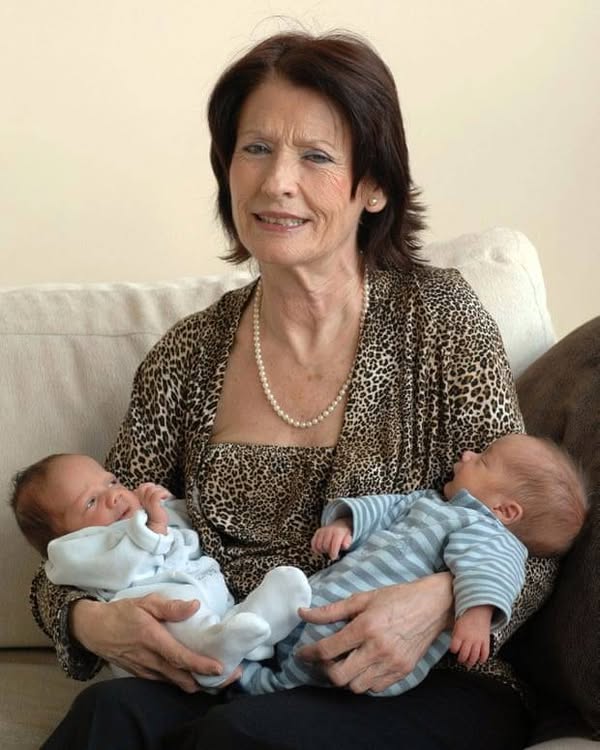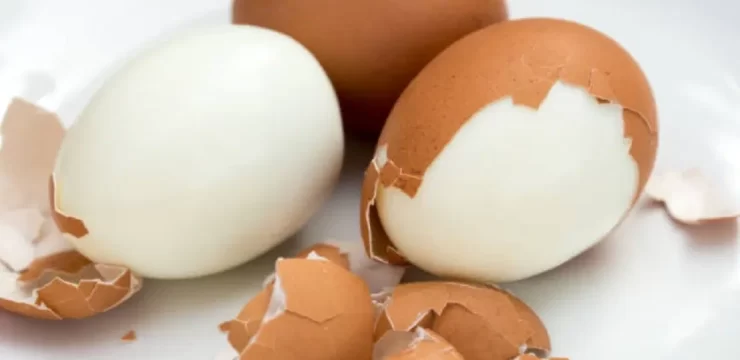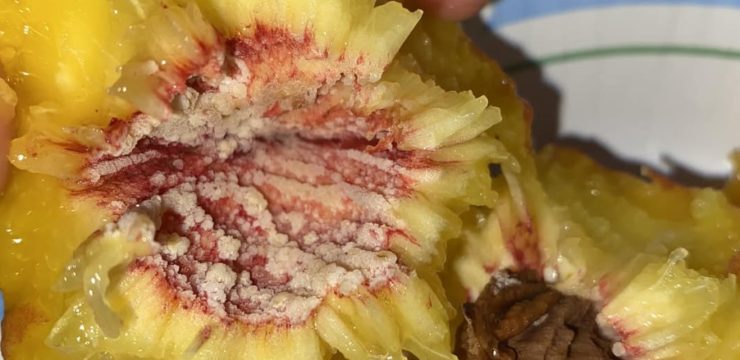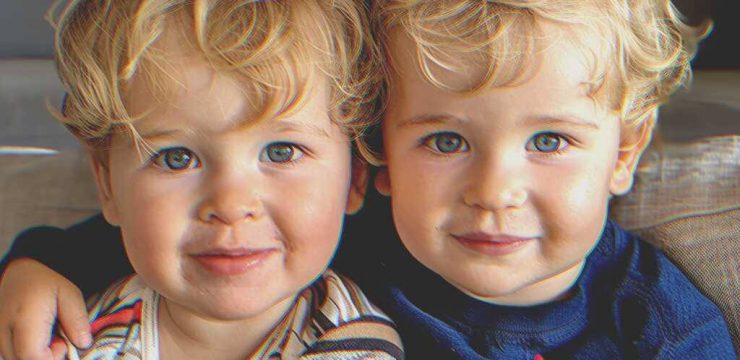Motherhood is an extraordinary and timeless responsibility that has existed since the dawn of humanity, transforming lives in unexpected ways.

Becoming a mother can catch us off guard or be the fulfillment of years filled with hopeful anticipation; regardless of how it happens, it remains a true blessing. None of us can predict when we will step into parenthood, and while many strive to make it happen if that is our desire, life is inherently unpredictable.
Some women embrace motherhood in their teenage years, welcoming new life with youthful energy, while others find themselves expecting later in life, and some even face challenges that prevent them from having biological children. There is no single path to motherhood, as every baby deserves celebration and every mother merits honor for the journey she undertakes to bring a new life into this world. One poignant example is that of Maria del Carmen Bousada from Cadiz, Spain, a woman whose determination to become a mother defied conventional wisdom and societal expectations.
In 2006, Maria shocked her family and community when she announced that she was expecting twins despite being 66 years old. Holding the record for the oldest living mother, having given birth at 66 years and 358 days, Maria’s story is both inspiring and heartbreaking. A retired store worker, she reportedly sold her house to finance in vitro fertilization treatment so she could have a baby, even though many doubted her because of her age.
She allegedly told doctors at a fertility clinic in California that she was only 55, a decision made from her belief that everyone should have the freedom to choose when to start a family without pressure from society or others. Not everyone supported her choice; some family members criticized her decision as selfish, and when she first revealed her pregnancy, her relatives thought she was joking, forcing her to keep the news secret for a time.
Nevertheless, her resolve did not waver, and in 2006 she gave birth to two healthy twin boys, Christian and Pau, earning the title of the world’s oldest mother. Tragically, just six months after their birth, Maria was diagnosed with ovarian cancer, a blow that meant she would never see her children grow. “They’re still babies, so I haven’t told them,” she explained, acknowledging that her sons were too young to understand. Following her diagnosis, her family stepped in to care for Christian and Pau, and Maria passed away in 2009 after only a few precious years with her sons
Her brother Ricardo later expressed bittersweet feelings, suggesting that perhaps she pursued motherhood too late, yet cherishing the beautiful boys who had become an integral part of their family. Similarly, Pilar Pinto, a neighbor from Cadiz, noted that the twins were well cared for and in excellent condition, often seen around town, though he lamented that God had not allowed Maria to fully enjoy motherhood as long as she deserved.
Despite the criticism and the tragic events, Maria remained steadfast in her decision to have children later in life, embodying the belief that every woman should have the right to decide when to have kids. Her story is both touching and thought-provoking, reminding us that the journey to motherhood is deeply personal and should be respected regardless of age or circumstance. What are your thoughts on a woman choosing to have children in her 60s? We invite you to share your opinions and join the conversation in honoring Maria’s memory and celebrating the enduring spirit of motherhood.
As we reflect on her life and the sacrifices she made in pursuit of her lifelong dream, we are reminded that the heart’s capacity for love and the desire to nurture new life transcend conventional boundaries. Rest in peace, Maria, and thank you for inspiring us with your courage and determination. Her legacy endures as a powerful testament to the courage, love, and resilience inherent in every mother’s journey.





